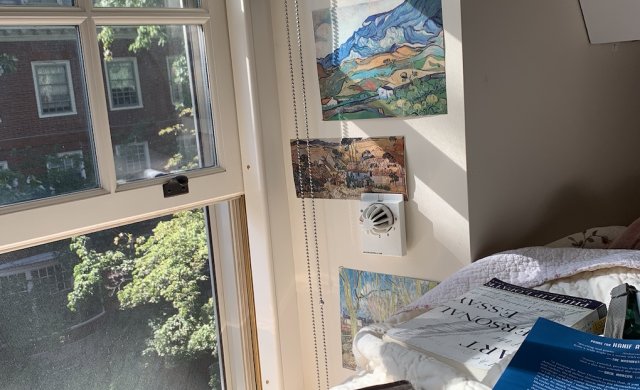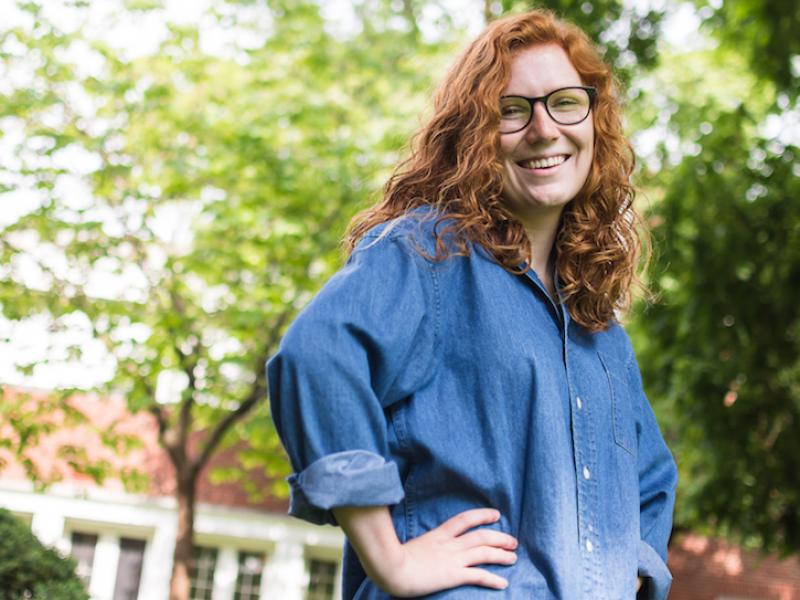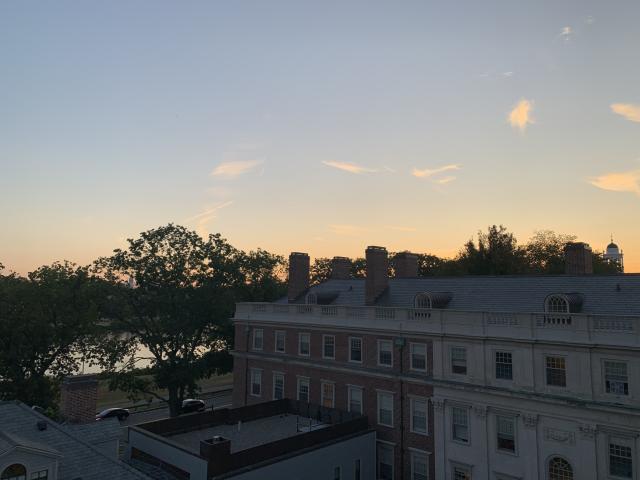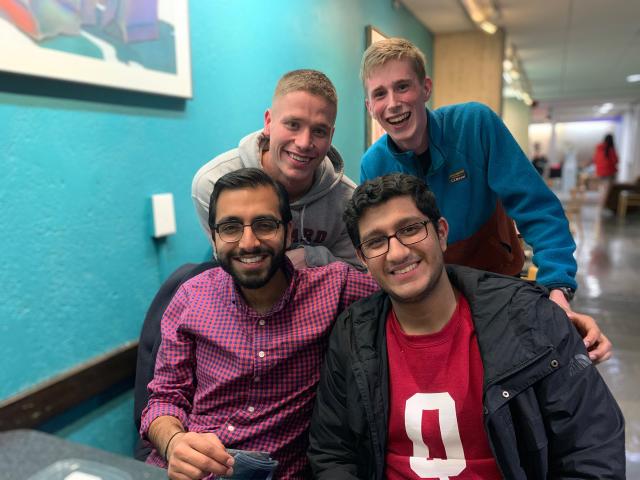What are you going to major in? What’s your major? What did you major in?
As you are applying to college, attending college, and especially after you graduate college, the most common question others will ask about your undergraduate experience is what you studied and why. While college students take a variety of classes and explore a number of different subjects, each of us chooses just one (or sometimes two) disciplines to focus on or “major in.” You might have noticed that Harvard uses the word “Concentration” instead of “Major,” but no matter the name, it’s the subject you take most of your classes in and which will appear on your degree.
If you’re just starting your college search process, you’ll want to start thinking about what you might want to study. Do you love writing and your high school English classes? Do you prefer mathematics and problem solving? Or do you love building things and figuring out the science behind how they work? It helps to think about what subjects you enjoyed in high school as well as what you’re passionate about doing in your free time. While there are some schools that ask you to apply to specific majors, there are many schools (like Harvard) where you can say what you think you might want to study and figure it out once you’re there. If your dream is to become a doctor, for example, you’ll want to make sure that the colleges you’re considering offer pre-med courses and advising. This is why it’s good to have a sense of what you might want to study as you’re building your college list.
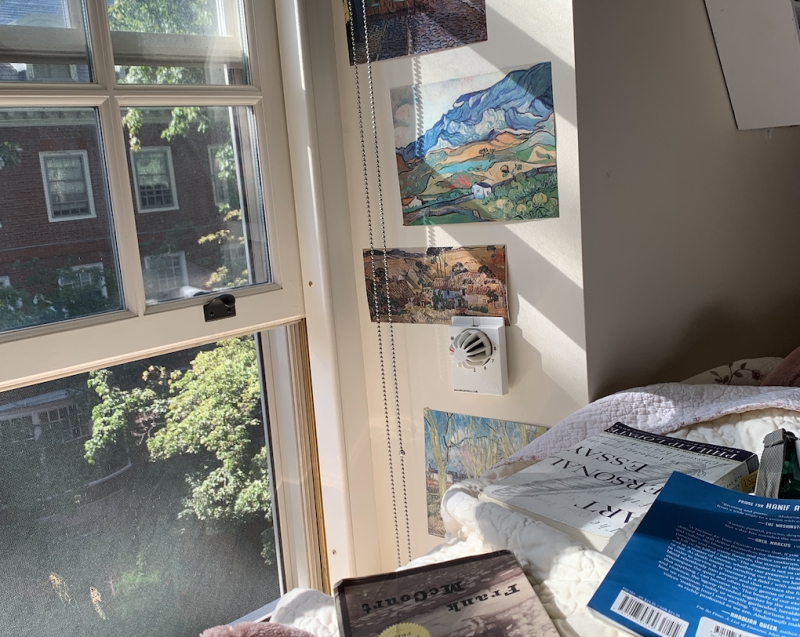
I miss doing reading for my English and creative writing classes on my Winthrop House dorm room!
Don’t know what you want to study yet? Don’t worry! I entered college convinced that I would study government and go on to work on political campaigns or go to law school and, within my first three weeks of starting school, I pivoted in the direction of history and sociology. Once I had the opportunity to explore different classes and departments, I realized that I really loved reading and learning about social theory and literature. The idea behind a liberal arts education is that you get to study a lot of one thing (your major) and a little bit about everything else. I concentrate in Social Studies with a secondary (or minor) in English — that means that most of my classes are about social theory, many of my classes are about literature, and I’ve also taken math, economics, art history, and an assortment of other classes that met Harvard’s General Education requirements or just seemed interesting and fit in my schedule.
Minors, too, are another way to get in-depth exposure or experience with a subject without committing to majoring in it. They’re basically mini-majors — you usually only have to take 4-6 classes in a given subject to earn a minor (or, at Harvard, a secondary) in it. I chose to declare an English secondary because I really enjoy reading literature and talking about it with professors and my classmates. At Harvard, I’ve been able to use my secondary field to take classes on creative writing, Shakespeare, women’s literature, and even the feeling of boredom as it manifests in literature. I like to make sure that I have a balance in my schedule between social science classes for my major, graduation requirements (like science or math), and English classes, which are just for fun!
It might feel daunting to have to choose just one thing out of what feels like an infinite number of options for your college degree but, ideally, the subject you choose will be one that you are passionate about. Trust your gut and keep an open mind — whatever you choose to study, make it something you love!
College 101 is a recurring series in which Harvard First Generation Program coordinators answer the questions about college you didn’t know you needed to ask! For more advice and information about applying to or attending college, you can email HFGP at firstgen@fas.harvard.edu.

